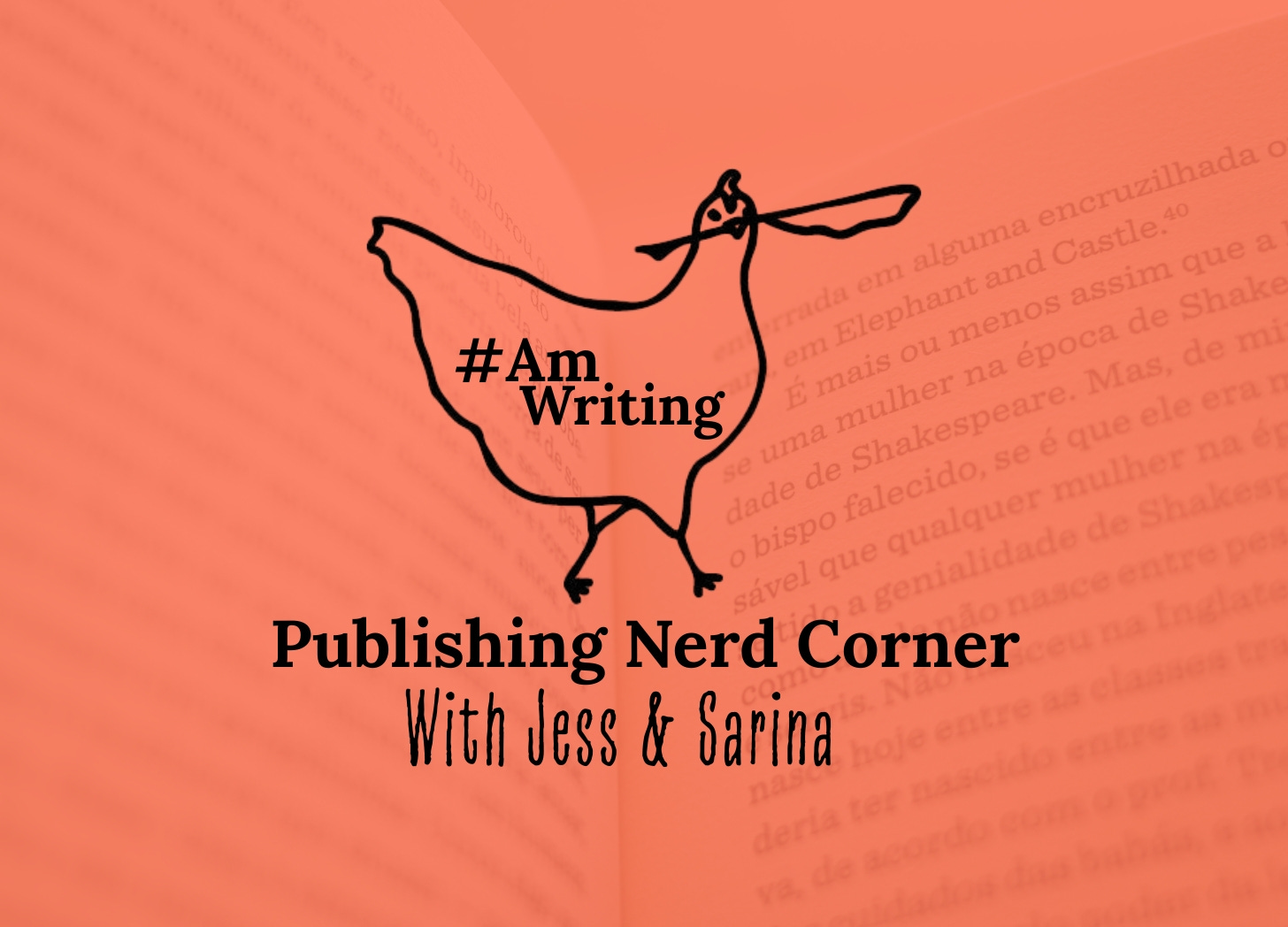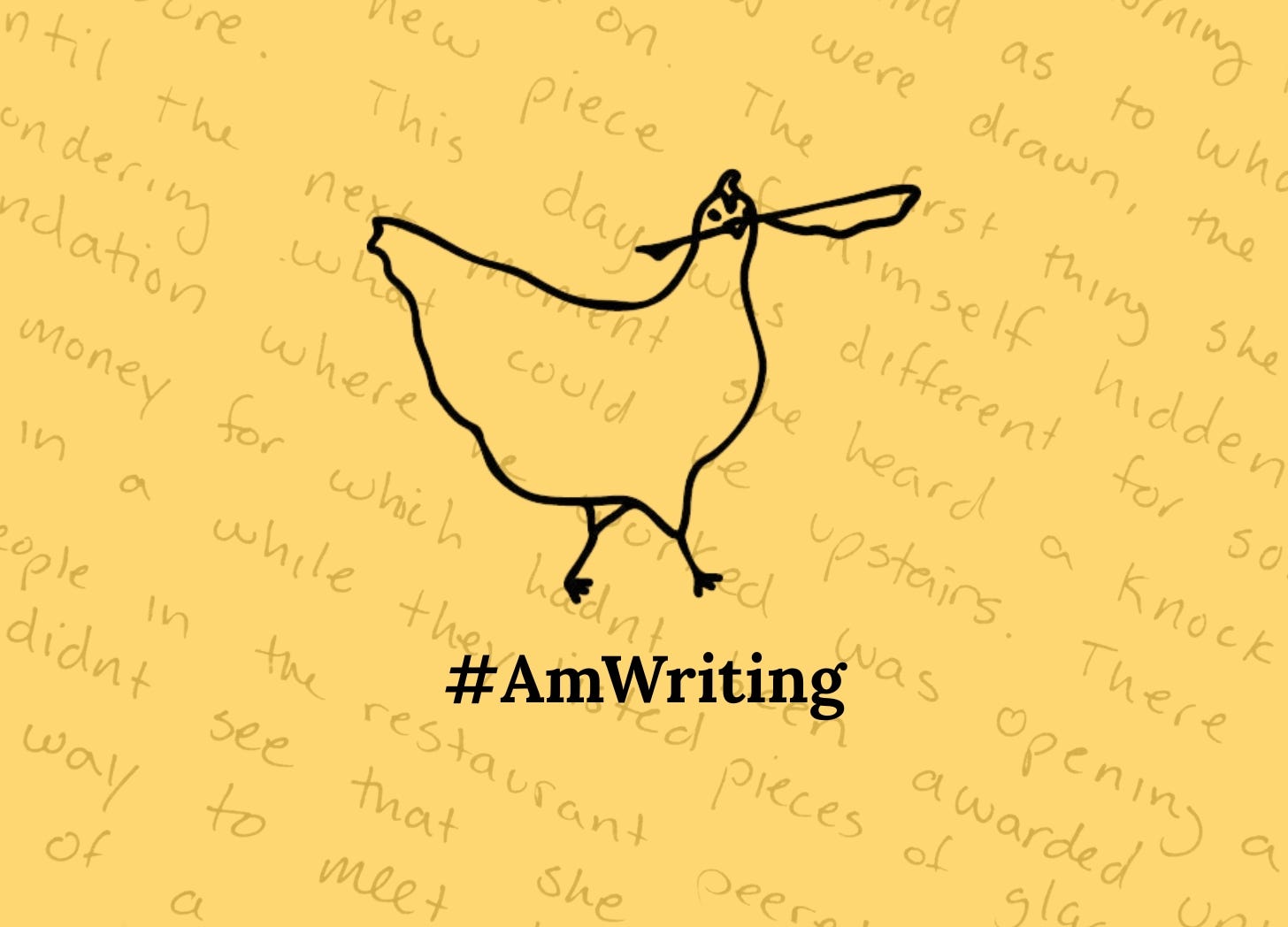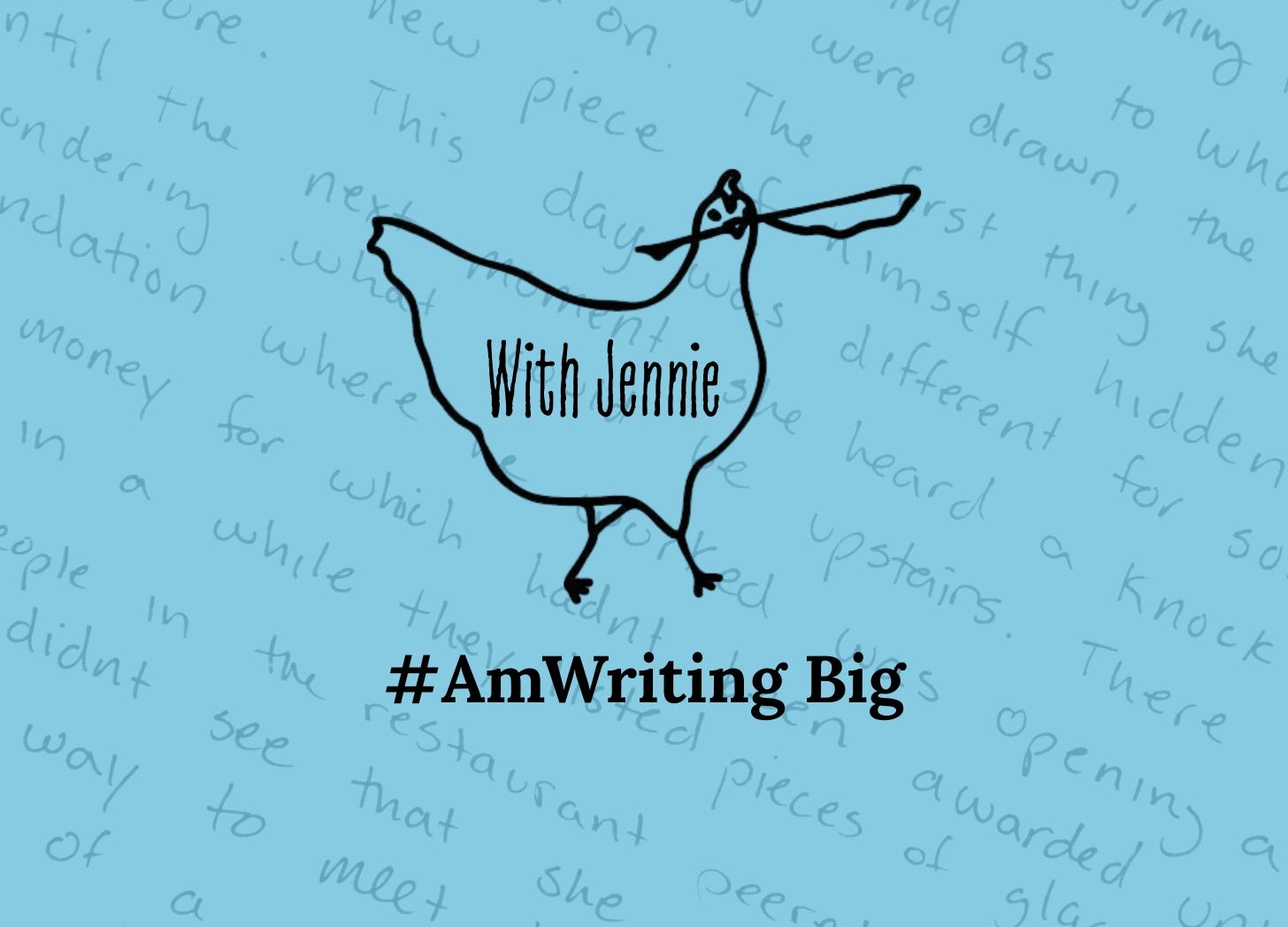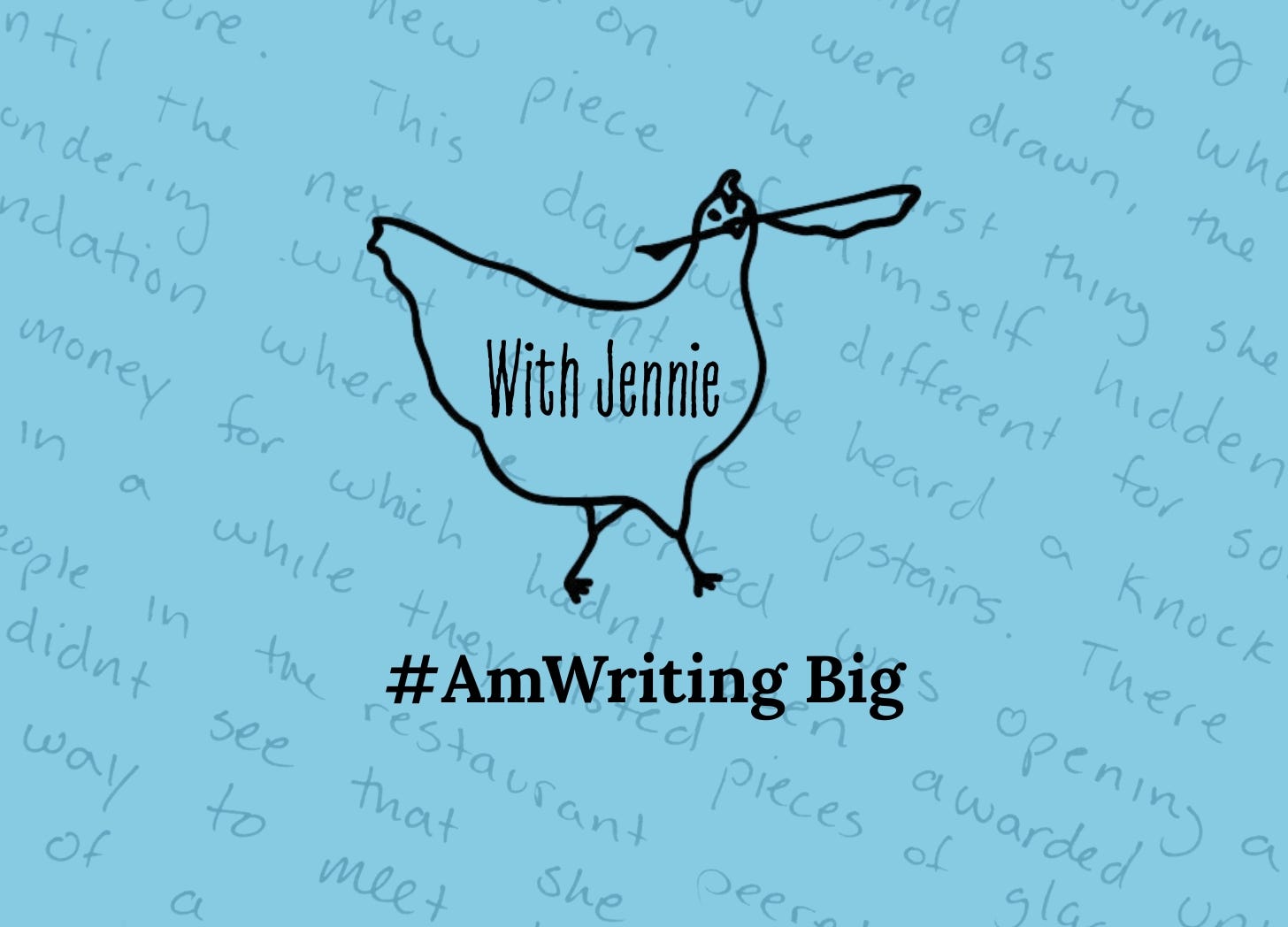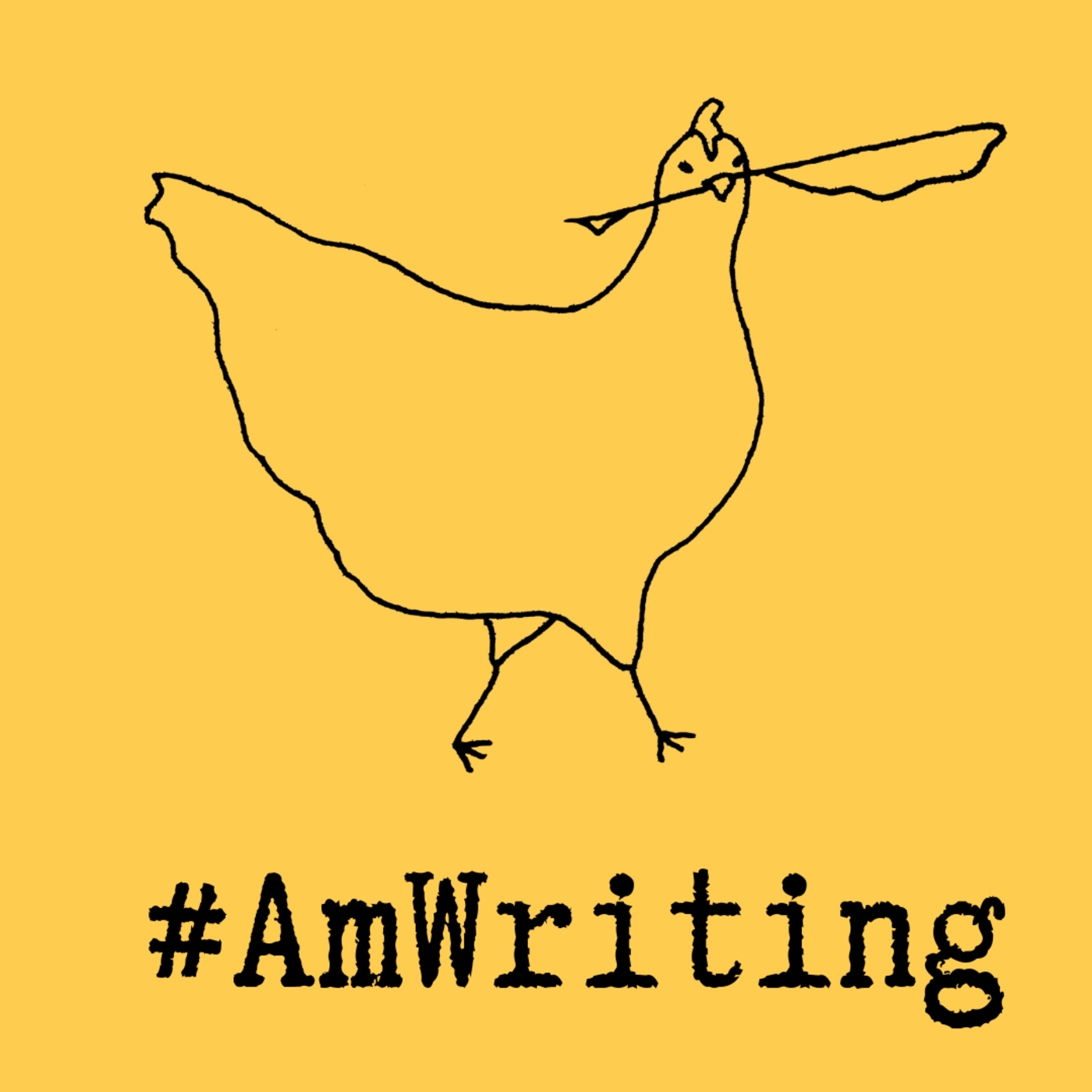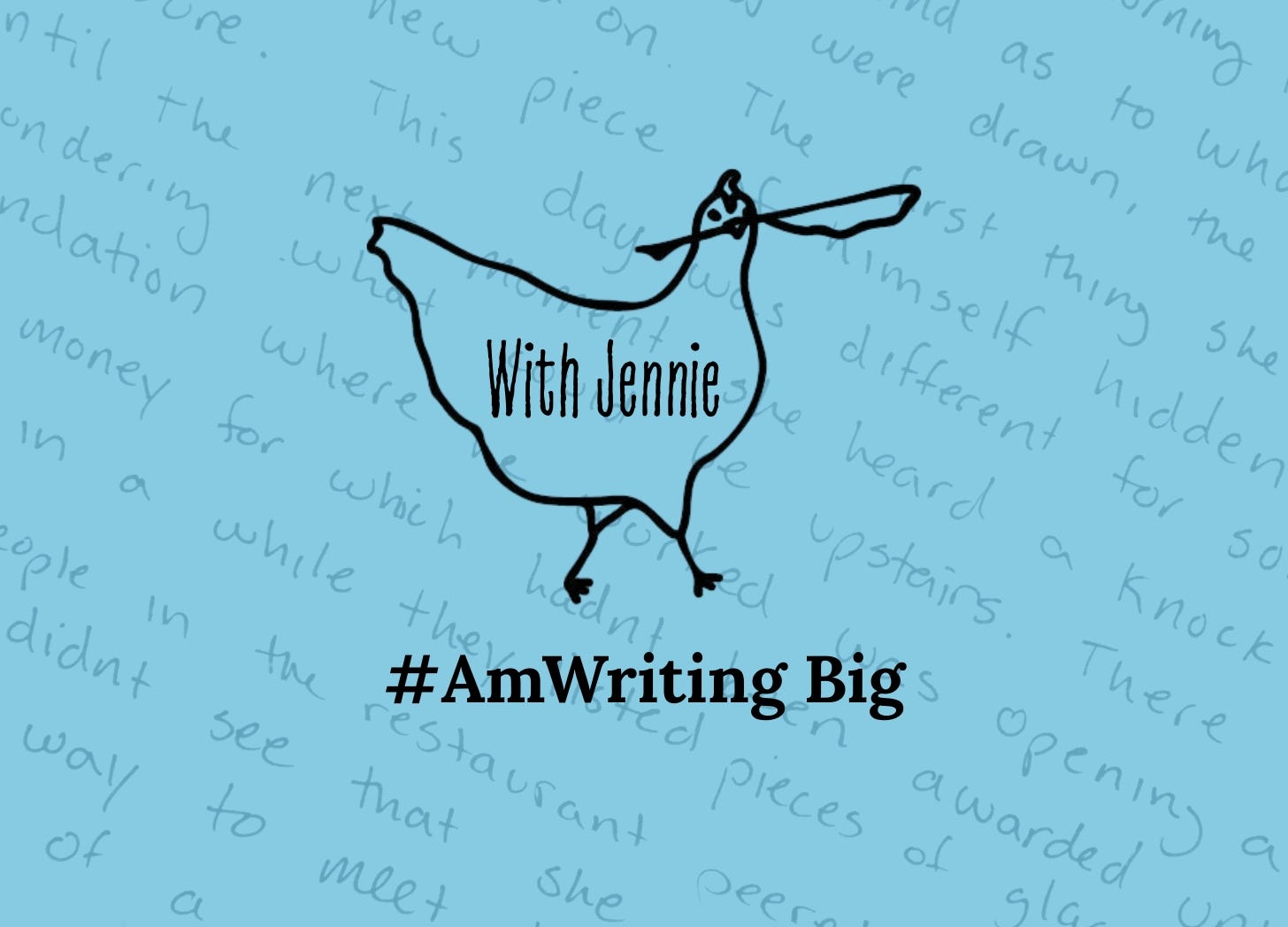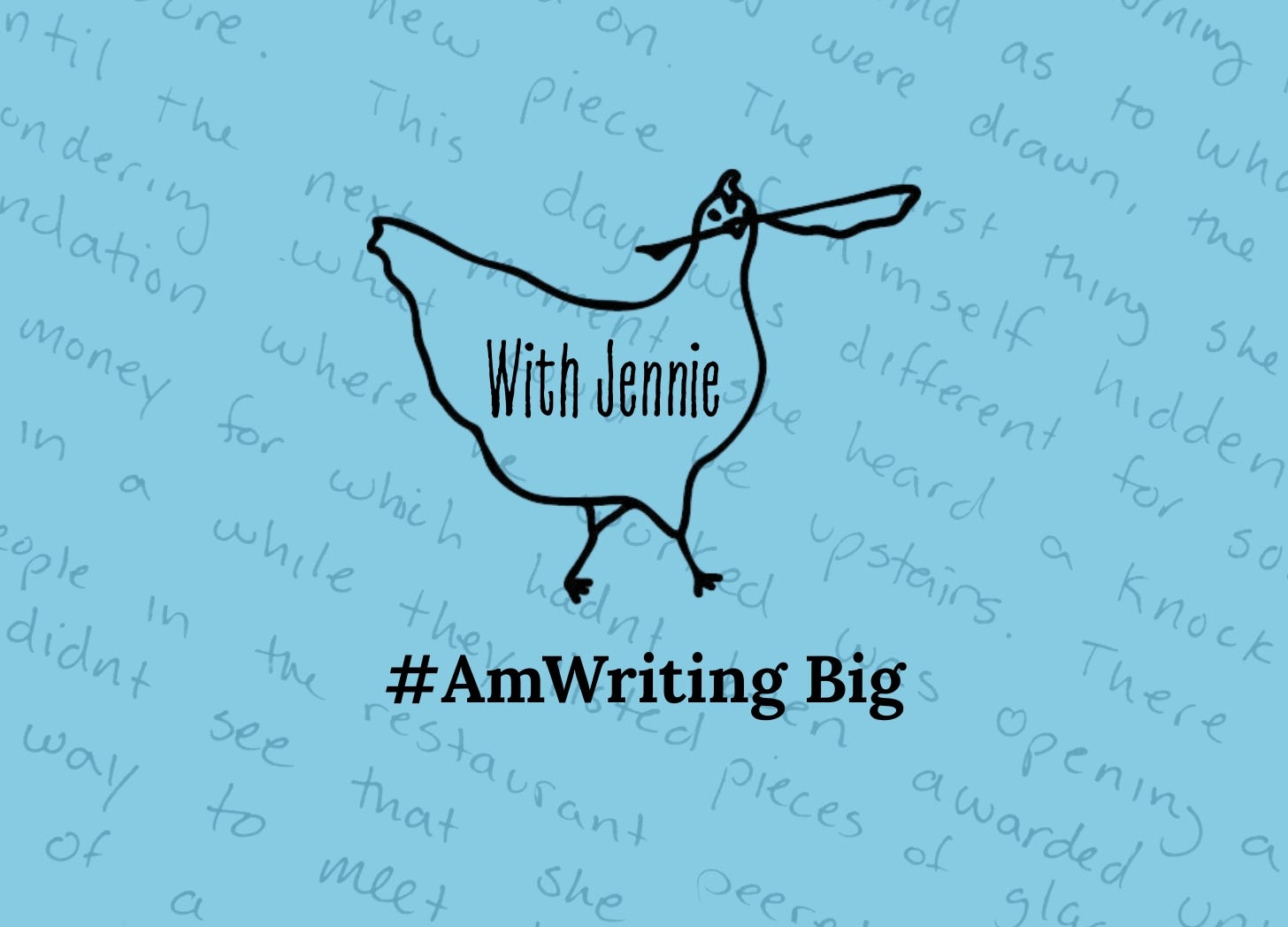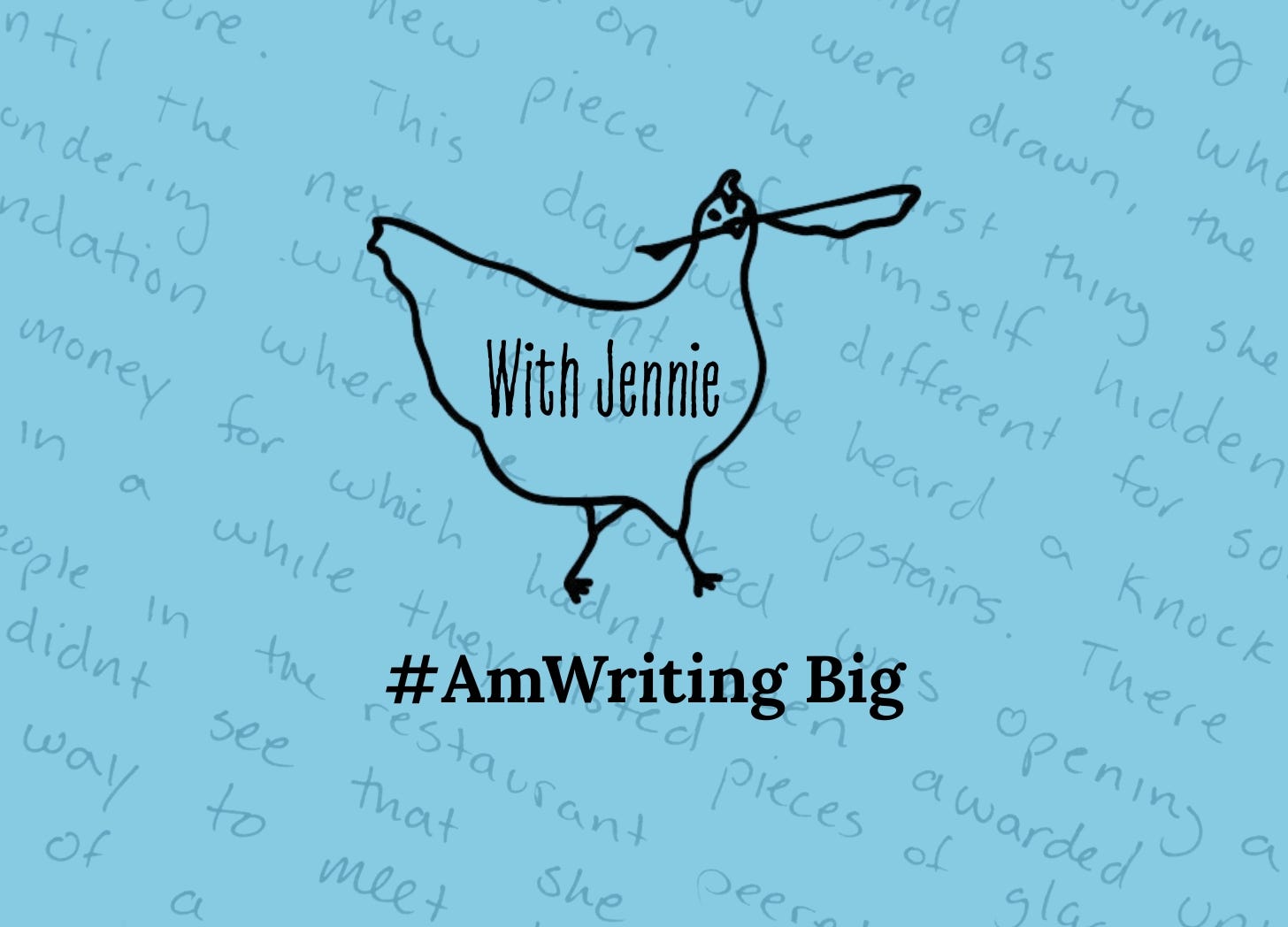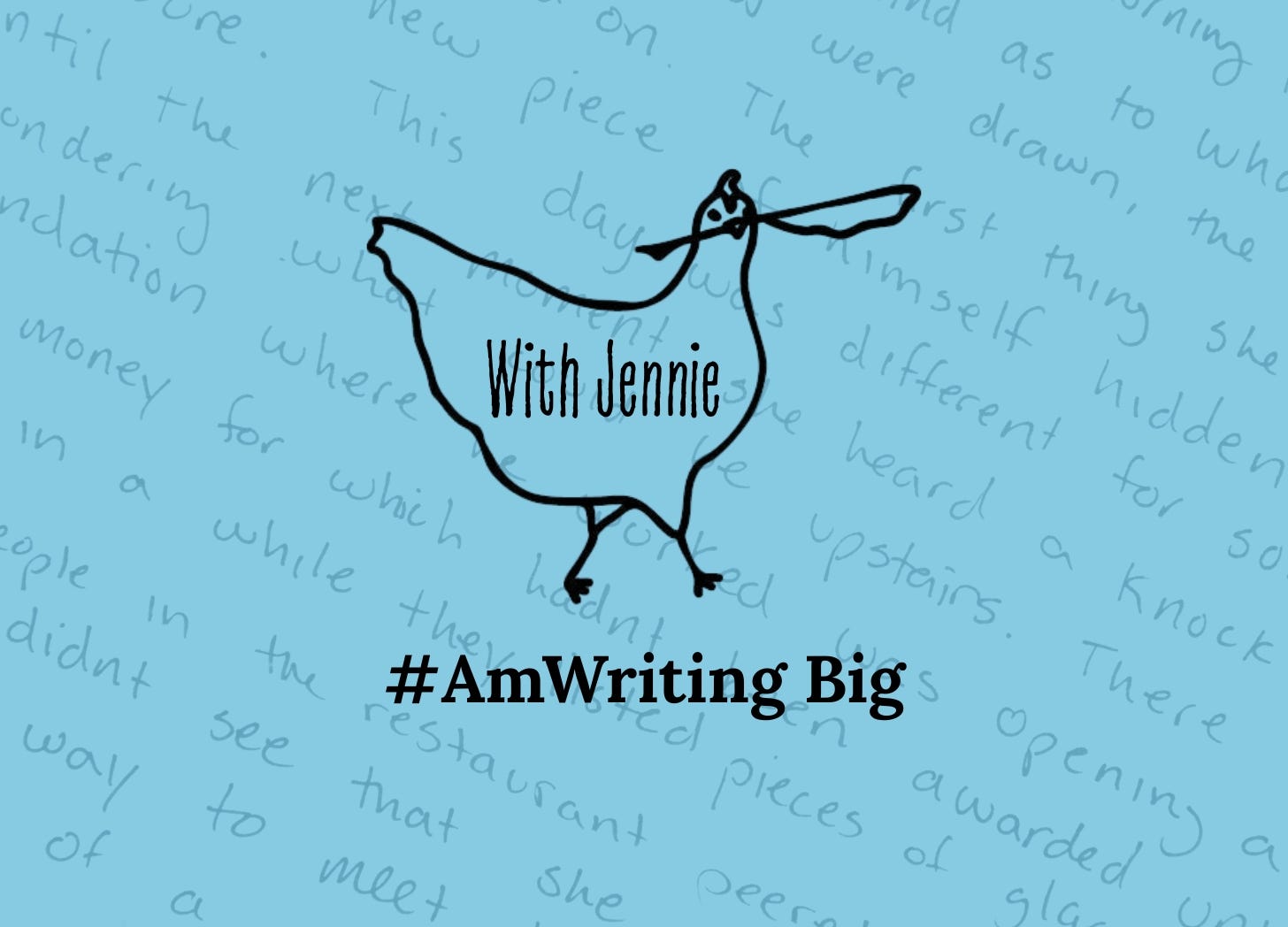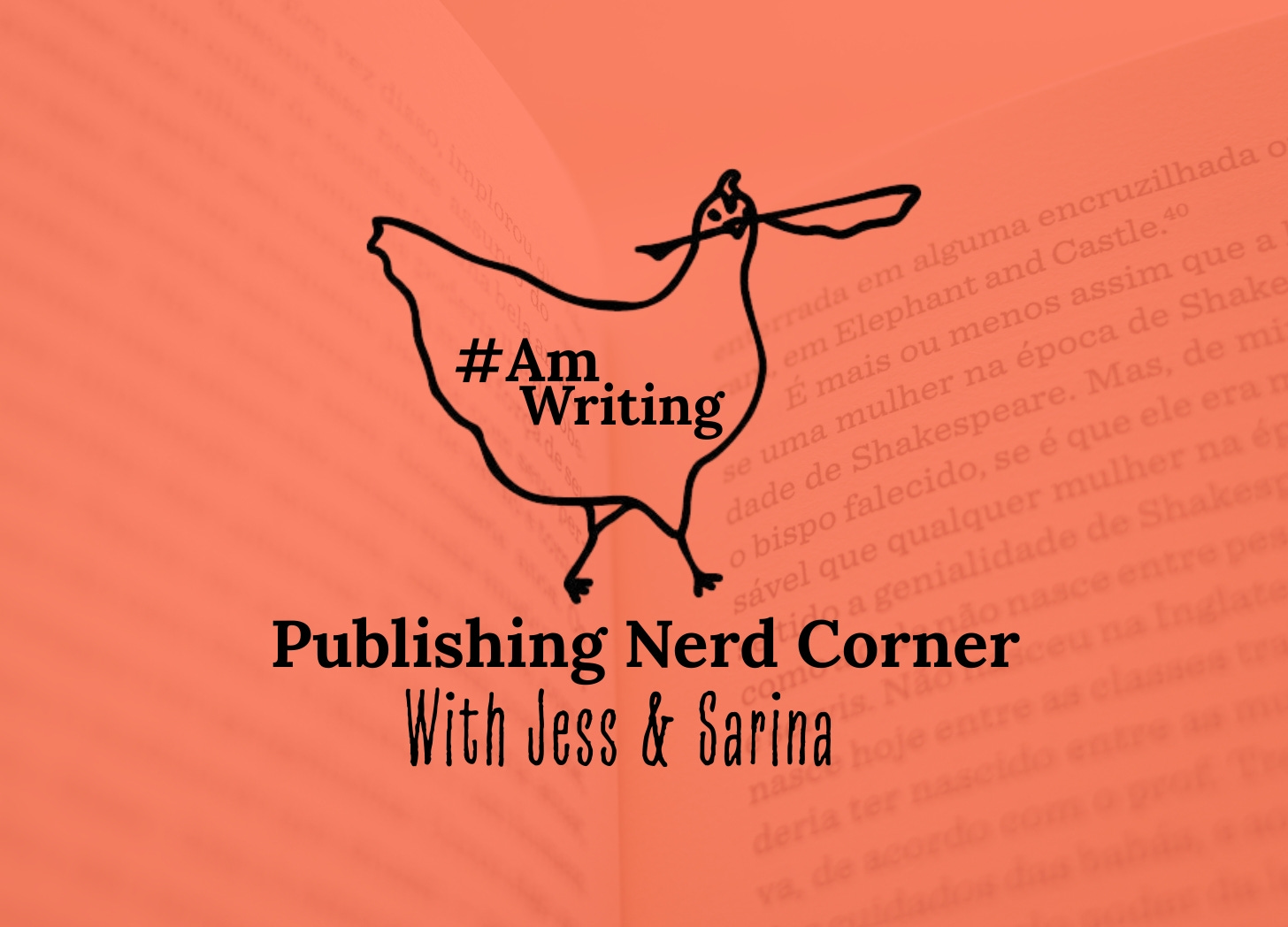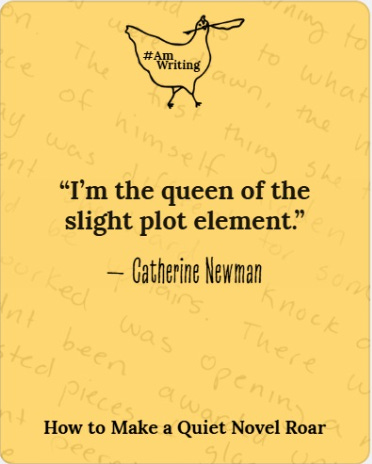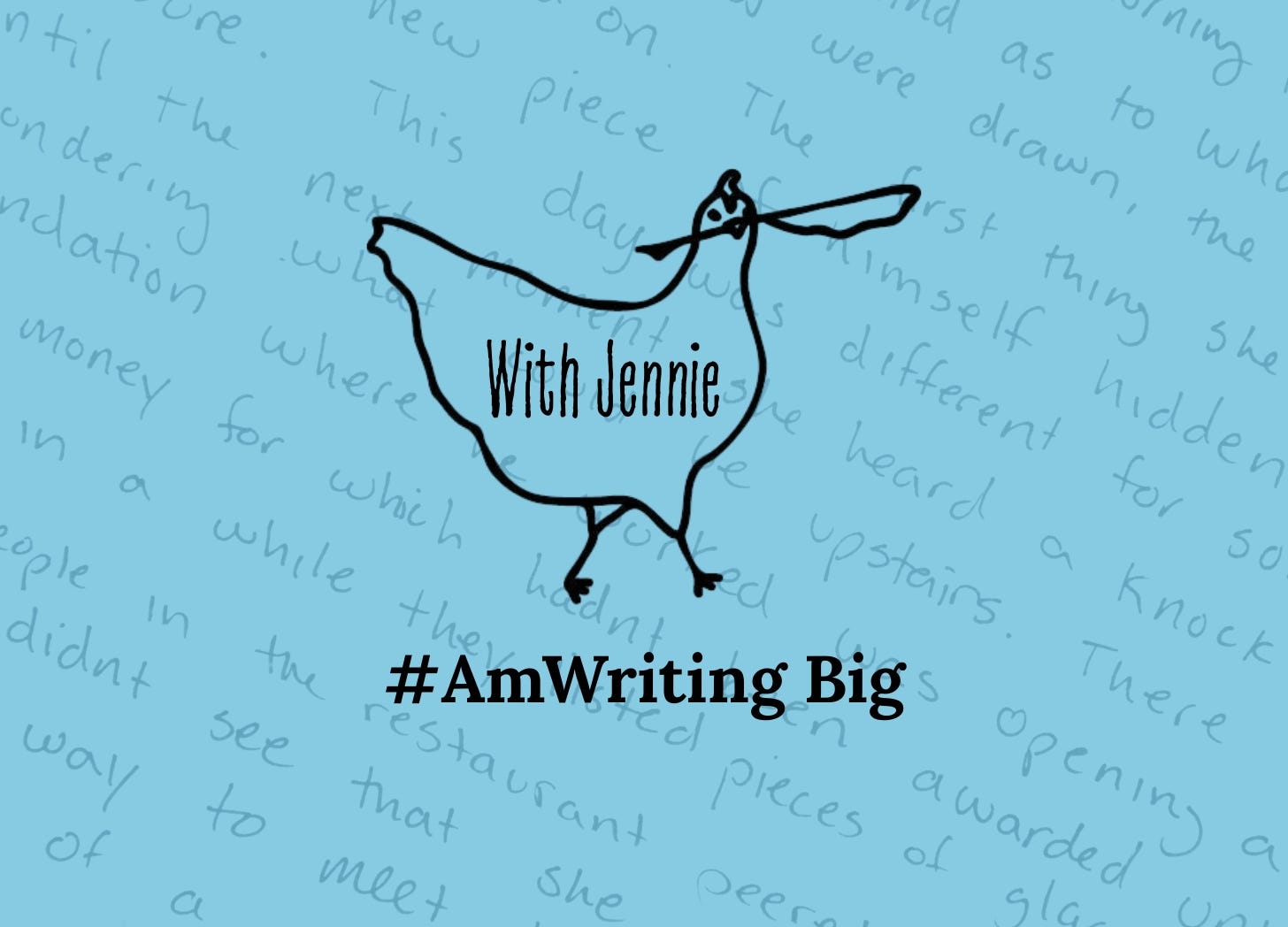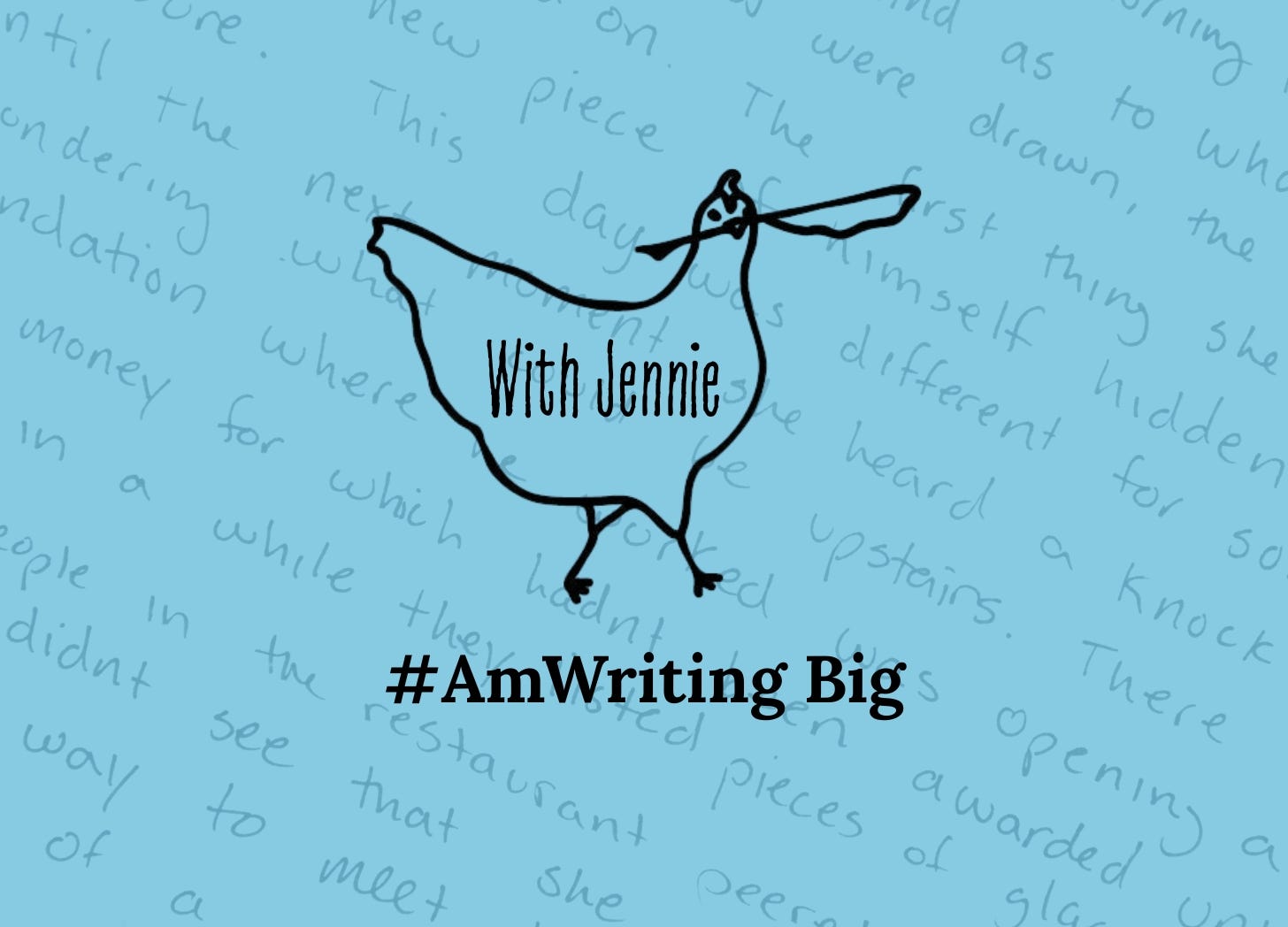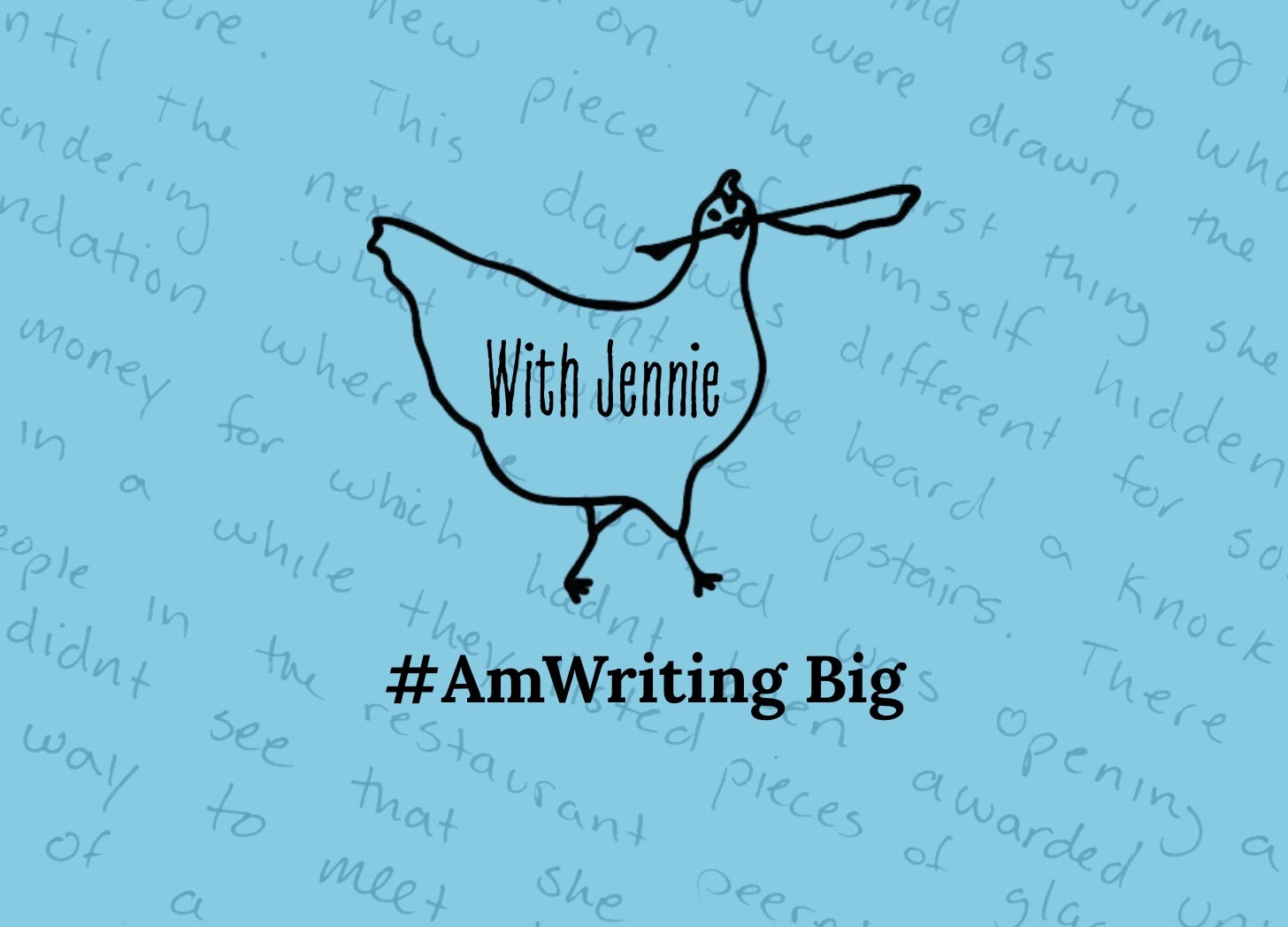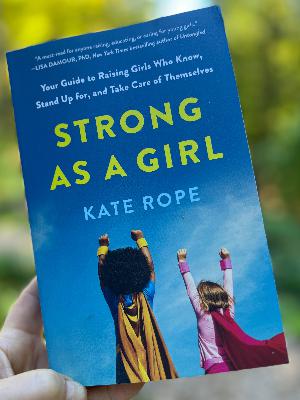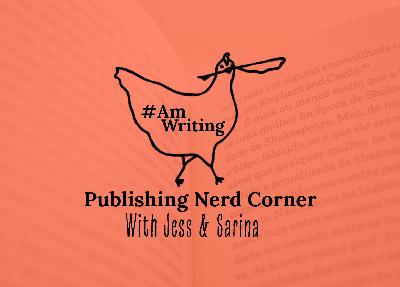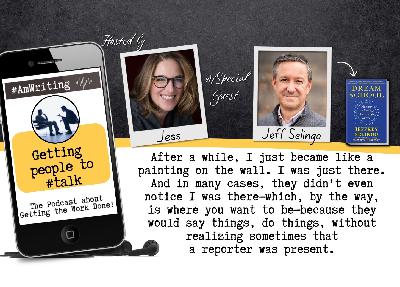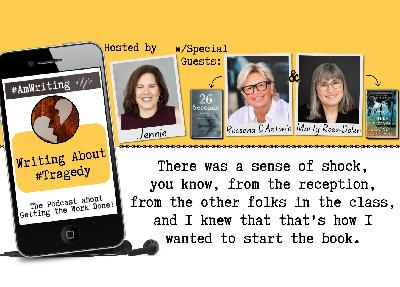Ep 475 Publishing Nerd Corner: How Audiobooks are Made
Description
Jess here. Sarina and I discuss audiobook narration this week and explain how narrators get hired, paid, and dish some inside baseball on audiobook production.
Transcript Below!
Your subscription = good podcast karma. Sign up now to support the Podcast!
SPONSORSHIP MESSAGE
Hey, listeners, did you know that we review first pages sent in by supporters every month on the pod? It’s just one more reason you should be supporting Hashtag AmWriting, which is always free for listeners and ad free too. Please note that we will never pitch you the latest in writer supplements or comfy clothes for lap-topping. The good news is we’re open for First Page submissions right now. If you’ve got a work in progress and you’d like to submit the first page for consideration for a Booklabs First Pages episode, just hit the support button in the show notes and you’ll get an email telling you all the details. Want to hear a Booklabs episode. Current ones are for supporters only but roll your pod player back to September 2024 and there they’ll be.
EPISODE TRANSCRIPT
Is it recording? Now it’s recording—yay. Go ahead. This is the part where I stare blankly at the microphone. I don’t remember what I’m supposed to be doing. All right, let’s start over. Awkward pause. I’m going to rustle some papers. Okay, now—one, two, three.
Jess Lahey
Hey, welcome to the Hashtag AmWriting Podcast. I’m your host, Jess Lahey, and this is the podcast about getting all the words done, writing all the things, writing, short things, long things, proposals, queries, poetry, all the things. But today, Jess and Sarina are bringing you the book nerdery stuff, the best stuff. This is The Publishing Nerd Corner. I love this new segment. I’m super excited about it, but first, my name is Jess Lahey. I am the author of The Gift of Failure and The Addiction Inoculation. You can find my journalism out there various places, including The New York Times. And you can find my newsletter at jesslahey.substack.com.
Sarina Bowen
And I’m Sarina Bowen, the author of many contemporary novels. My new one is called Thrown for a Loop, and it drops on November 4, and it also will be published that same day as an audio book.
Jess Lahey
Whoo so...
Sarina Bowen
And that is what...
Jess Lahey
Yeah, we’re going to talk about audiobooks today, because Sarina knows so much about this—because she has to, like, hire her own narrator sometimes and stuff like that. All I know is, I narrated my own audiobook, and it was super fun, and I loved it. But we want to talk about all the aspects of how audiobooks work—all of it. There’s lots of fun stuff to talk about. Where would you like to start, Sarina?
Sarina Bowen
That is a good question. So, most of the time, if you are selling your book to a big publisher, audio rights will be included in your contract, and your publisher is therefore responsible for making the audiobook. You might be consulted about the choice of narrators, and that audio will magically appear finished on your publication date. But if you are a self-published author, then the existence or not of your audiobook is completely under your control. Audio has been the shining star of publishing for the last decade in that it is the growth story. I’m not sure how that has worked the last couple of years, but audio was one of the only areas of traditional publishing that demonstrated double-digit growth for much of the last decade. A lot of that has to do with the popularity and availability of streaming as a way that people listen to these books. Obviously, the technology shift made a huge difference, but so did things like cellular networks that work well and buffer easily. So...
Jess Lahey
Can I add one little, tiny thing? There’s been another reason that I think that audio has done so well, and that’s the acceptance within the education world—thanks to researchers like, for example, Dan Willingham and other people who study the brain and how we process and learn—that audiobooks are reading. From a processing perspective, from a learning perspective, listening to audiobooks is reading, and anyone who is telling you otherwise is not looking at the science. And so, this has been an incredible way—when you look at kids, for example, neurodivergent kids, dyslexic kids, kids who need another way to take in the information. It used to be that audio was like, “Oh no, that’s cheating,” and it is absolutely not cheating. So, I think that acceptance within the education world has been so great. And, you know, yes, it is a small part of the growth, but I do want to put that plug in there.
Sarina Bowen
Yeah. So, the way that, traditionally, audiobooks have been made is that a narrator goes into a booth and reads the book after having prepped it a bit in terms of maybe reading the whole book, maybe reading parts of the book, understanding what they’re going to bring to the table. If it’s fiction, then they’ll be looking to see what are the major voices, because audio narrators change their delivery to indicate voices. And one thing that’s interesting about the trend where we are in audio right now is that it’s very trendy for a nonfiction author to read their own work if they’re comfortable with it. That is widely done in nonfiction.
Jess Lahey
And it was one of my favorite parts of my process. And I have to say, nothing affected me more on an emotional level. I cried at the end of narrating both books. I had to pause at the very end—at the last couple, the last paragraph. It was such a moving experience for me to narrate my own book. And I have to say, it wasn’t a slam dunk that they were going to let me do that. I, you know, I worked really hard to be able to do that, because for some people, that’s just not their bag—it’s not something that comes naturally to them. But it was, for me anyway, my favorite part of the process.
Sarina Bowen
Yeah, so if you had written a novel, though, we wouldn’t be—
Jess Lahey
No.Sarina Bowen—having that same conversation.Jess Lahey
I’m not an actor. I don’t have the chops for that.Sarina Bowen
Well, a lot of authors of novels don’t understand this. It’s not that they don’t understand how their own book should sound and be delivered—it’s that what they don’t understand is that the way that novel audio sounds in 2025 is a specific trend in the way that readers want their books delivered. The books are very much acted. It wasn’t always this way. There were times when audio really sounded more like somebody just reading—and that’s okay. Like, there’s lots of room for style in terms of the way that audio fiction works. But right now, the trend in audio fiction is very much a performance. And one way that you can see this—and it continues to expand as a trend—is the trend toward something called duet audio, which means, for example, in romance, if there’s a male hero and a female heroine—and the way that most of my books work is that if the chapter is in the POV of a man, then the male narrator reads it. But of course, when he comes to a line of dialogue delivered in the heroine’s voice, he softens his tone a bit to indicate that she’s speaking, but he reads the whole chapter.Jess Lahey
They’re always amazing—that’s amazing to me when readers can do that. I mean, Davina Porter is the one that comes to mind—like, in the Outlander books, when she switches whose voice she’s reading. She switches whose voice—it’s down to the accent—and you don’t for a second think, “Oh, that’s the same person reading all of this.” And some of the narrators you use, Sarina, in your books—the same thing. My brain absolutely believes that I’m hearing a female voice versus a male voice. It’s a really incredible talent.
Sarina Bowen
Yeah. In fact, if this is of interest to you, there is a book called Thank You for Listening by Julia Whelan.
Jess LaheyIt’s so good!
Sarina BowenWho is one of the few

